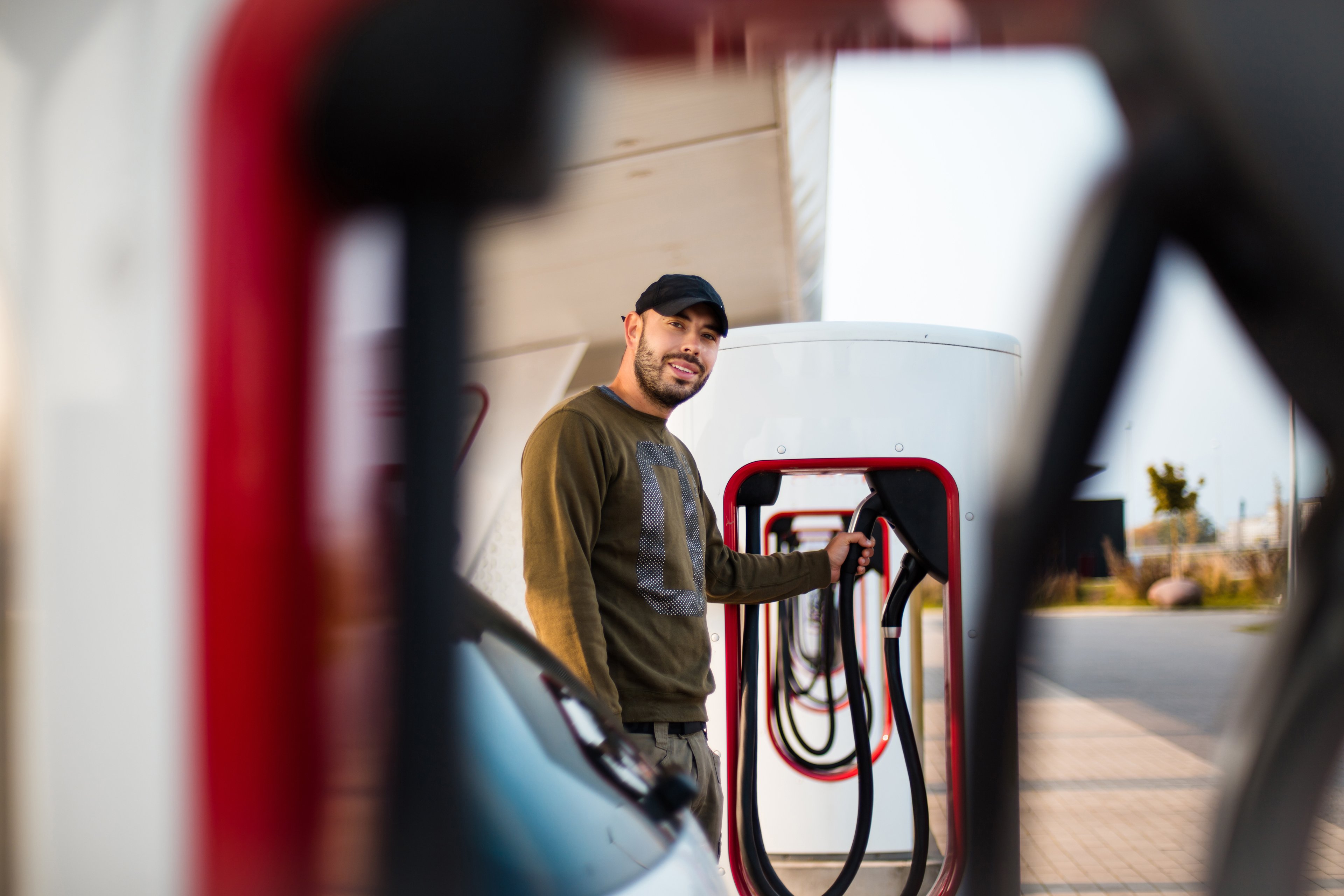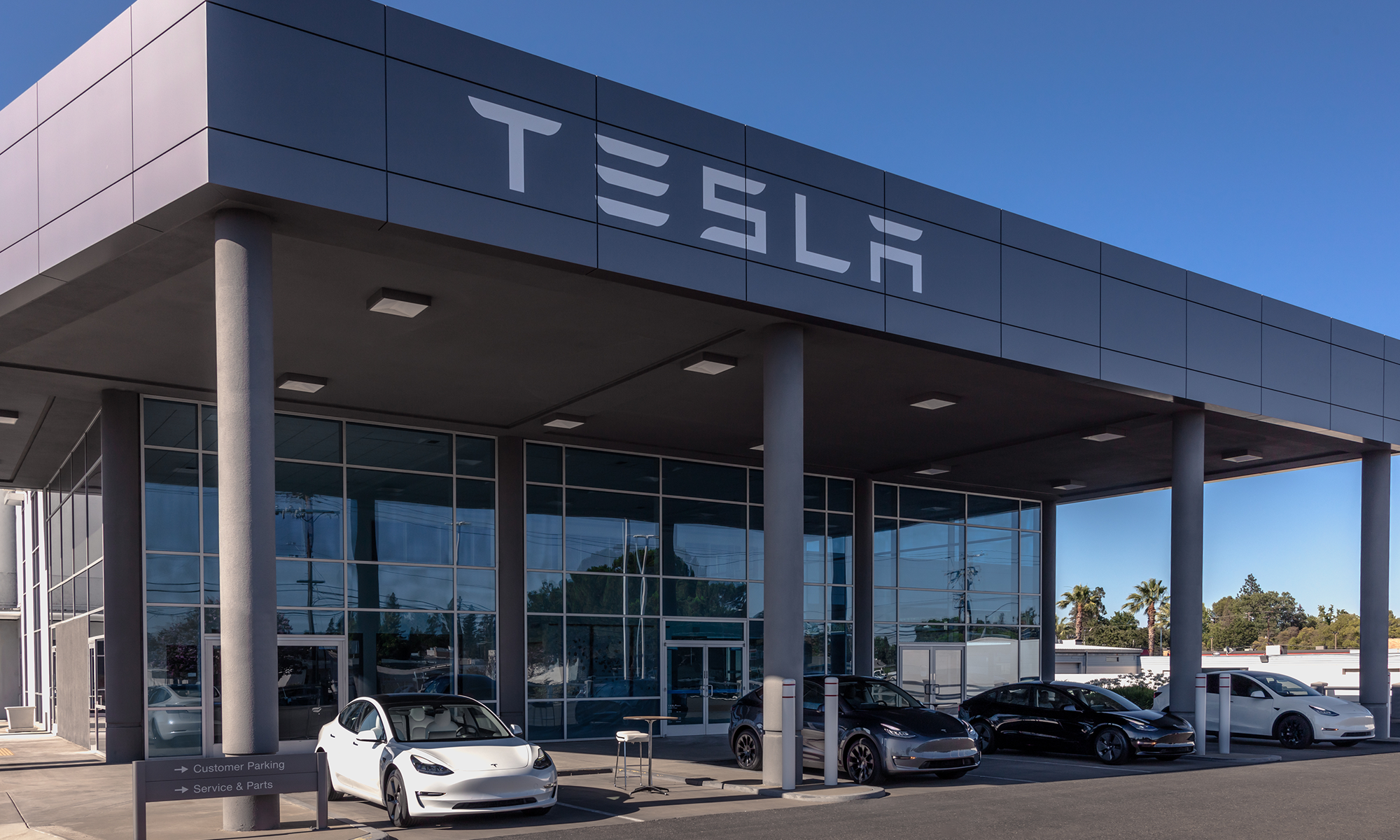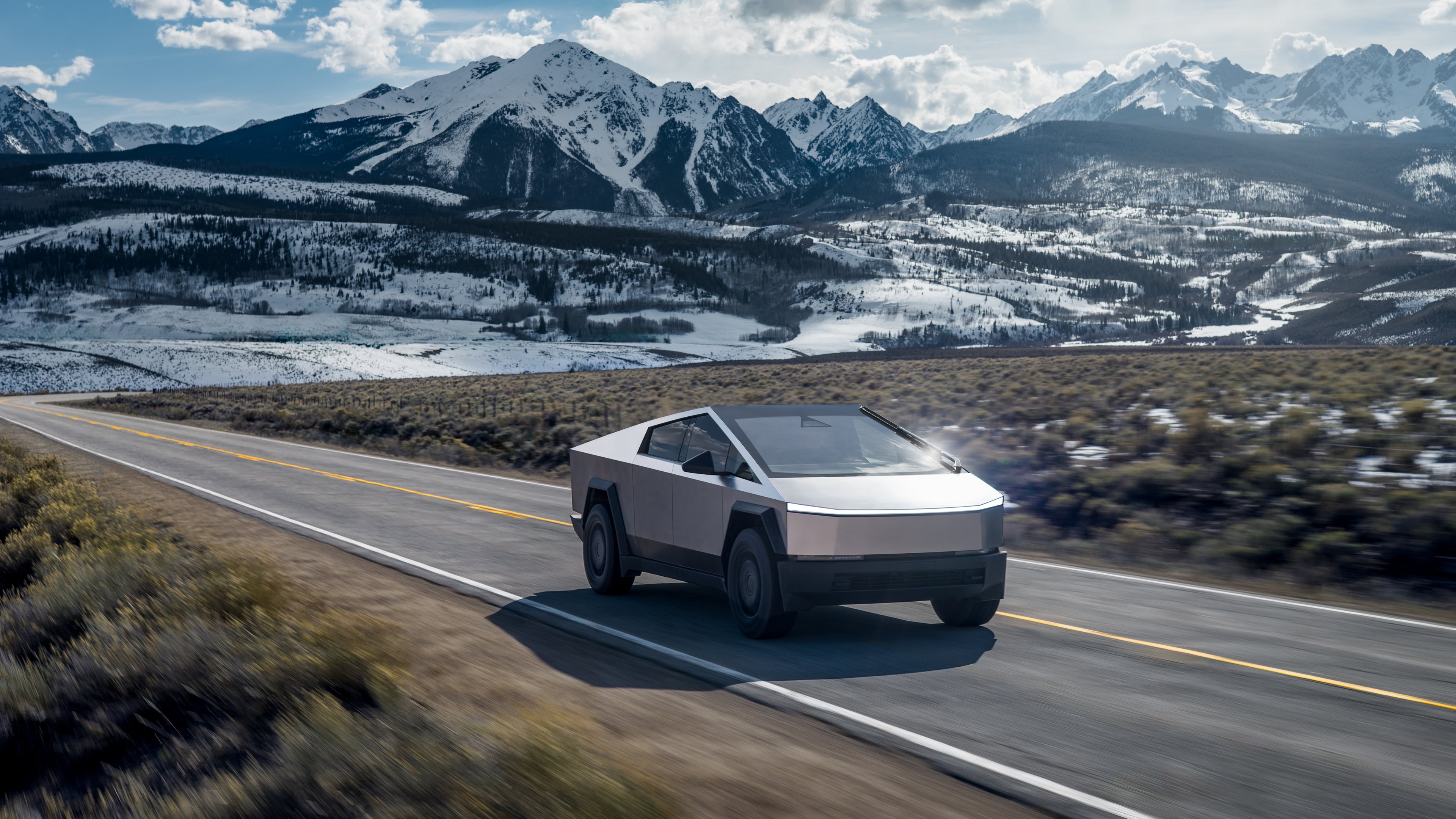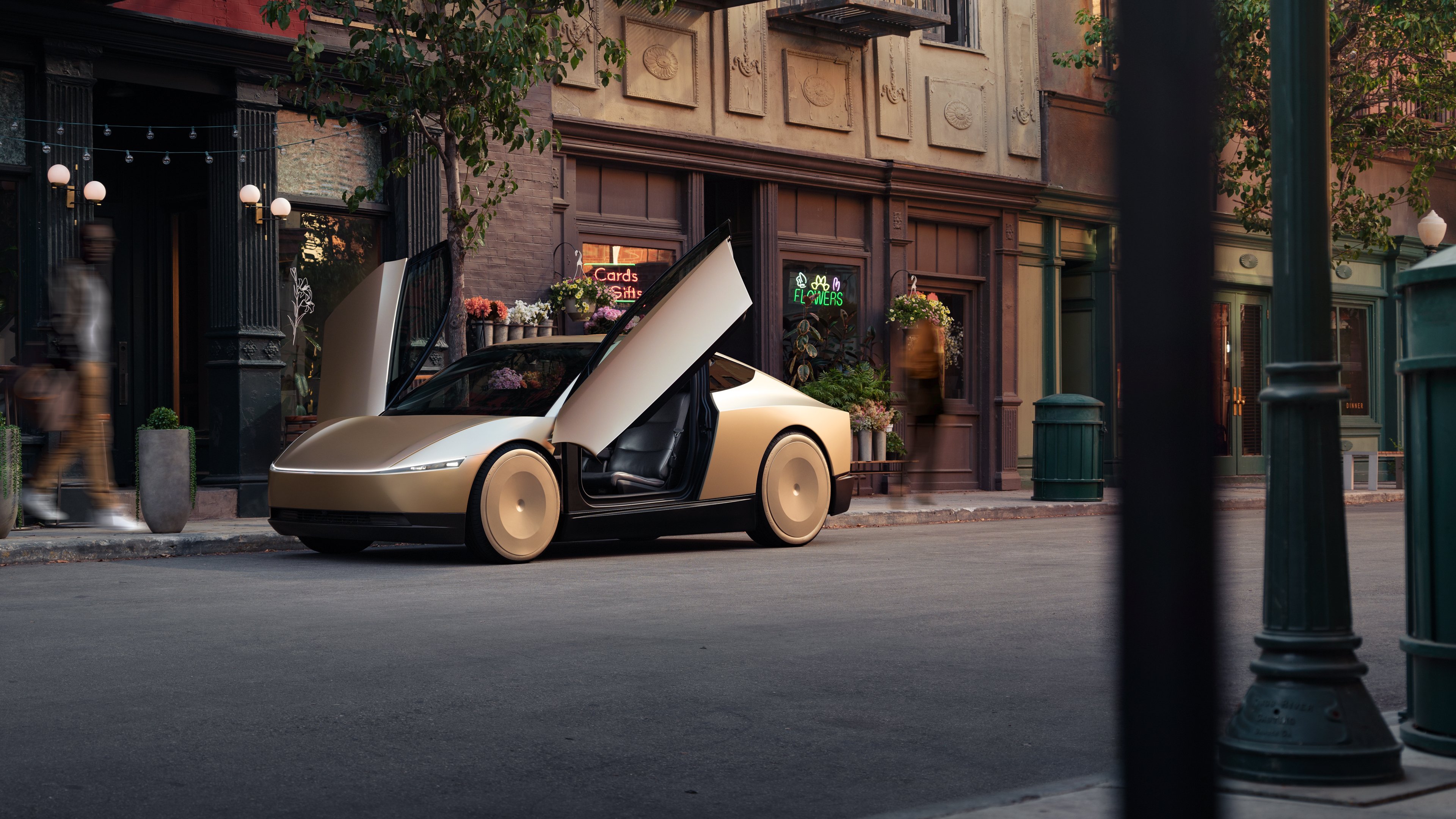
Tesla's Model S charging at a home station. Source: Tesla Motors.
You would be hard pressed to find a more controversial stock than Tesla Motors (TSLA 0.16%). By that I mean there is zero grey area in feelings regarding this stock; you either love Tesla for its potential over the next few decades or hate it because the current valuation is priced sky-high for its intangibles. That is why any article you read about Tesla is heavily biased in one way or another. In this instance I'm going to show you why recent headlines regarding Tesla's heated fight with dealerships are overblown and shouldn't deter potential long-term investors -- at least not yet.
What's the big deal?
Automakers historically have been required to sell vehicles through dealerships, rather than directly to consumers, and Tesla's attempt to bypass those rules has ruffled some feathers -- after all, shouldn't every automaker play by the same rules? Automakers claim that dealerships are in place to protect the consumer, and that experts are employed to assist car buyers in finding the right vehicle for them.
I know, I know. Commence the eyeball rolling.
Or, perhaps a different way of thinking about is that the direct sales model favors more efficient businesses and is in line with free market capitalism. Tesla cutting out the dealership middleman in its sales model seems like good business for the company and its investors. For those that would argue that dealerships would stand to lose hundreds of thousands of jobs, that argument is exaggerated.
Dealerships wouldn't just disappear if Tesla wer granted the ability to sell its vehicles directly to consumers. Even if Tesla reaches its goal of selling 500,000 vehicles annually by 2020 -- and even if those sales were entirely in the U.S. market -- it would only represent 2%-3% of annual vehicle sales.
No matter what side of the argument you find yourself on, there's no arguing that the battle between Tesla and individual states regarding how it can sell its vehicles is heating up.
Who's winning?
It's far too early to suggest which side is winning or losing, though it would seem as though Tesla has the long-term advantage, slowed only by the powerful dealership lobby. However, Tesla has won a couple of small battles recently.
In New York, Gov. Andrew Cuomo signed a bill that enables Tesla to continue operating its five stores in the state, and will even allow additional Tesla locations. Perhaps even more intriguing for Tesla's long-term implications is that the legislation also specifies that automakers that are not producing purely zero-emission vehicles still cannot bypass the dealer system in place.
Tesla's battle in New Jersey has been a rocky road thus far. After New Jersey's last minute decision to ban Tesla sales, the story took a new turn. Recently, the New Jersey Assembly spoke decisively, 77 to zero (with one abstention), that Tesla should be allowed to bypass the dealer system. Now, this is only one part of the process and the bill will now will have its fate decided by the Senate, where victory is far less certain, though still possible.
Why it doesn't matter
While headlines regarding Tesla's battle with lobbyists and state dealership laws are generating heated debates and decisive opinions, it won't matter for years.
First, we have to consider that even if some states completely refuse to allow sales of Tesla's vehicles, the company can still operate its galleries. Take the state arguably most opposed to Tesla sales, Texas, for instance. Tesla recently opened a gallery in Dallas where you can touch, discuss, but not drive or buy a Tesla Model S.
Instead, if you walk away from the gallery in Dallas impressed enough to buy Tesla's Model S, you'll have to order the vehicle online and have it registered in California and then have it shipped and re-registered in Texas.
While that purchasing process is definitely a major pain and would be a discouraging factor to buying a Model S in a restricted state, it won't prevent those with enough money to purchase a roughly $70,000 Model S. If car buyers want a Model S, even in Texas, they're going to get one.
Even in a doomsday scenario, where hypothetically the majority of states ban direct-to-consumer sales of Tesla's vehicles, which could handcuff the company from reaching its goal of selling 500,000 vehicles annually by 2020, the company is just beginning its pipeline into China, which BMW predicts to become the No. 1 electric vehicle market in a few years. Thus, while not ideal, Tesla could still fuel its profits with sales globally while fighting for change in the U.S. market.
Bottom line
As Tesla's vehicle sales remain supply constrained and the company's global expansion remains in its infant stage, these dealership battles aren't of more concern than a speed bump. However, as the company nears the launch and production ramp up of its next-generation car, that's when the dealership battle headlines will warrant attention and heated debate. For Tesla's vision to redefine how the world drives to be accomplished, it will need a wide-ranging network to reach a multitude of mainstream buyers.
Tesla should be able to slowly make progress that will enable sales in the majority of states as it nears its next-generation, and more affordable, mainstream car. The wild card, however unlikely, could even be the U.S. government: What if it decides that Tesla warrants an open path to sell its cars and forces states to allow direct-to-consumer sales of zero-emission vehicles?
For now, Tesla's battle for a direct-to-consumer sales model shouldn't deter potential long-term investors, although plenty other risks remain in owning Tesla stock.






